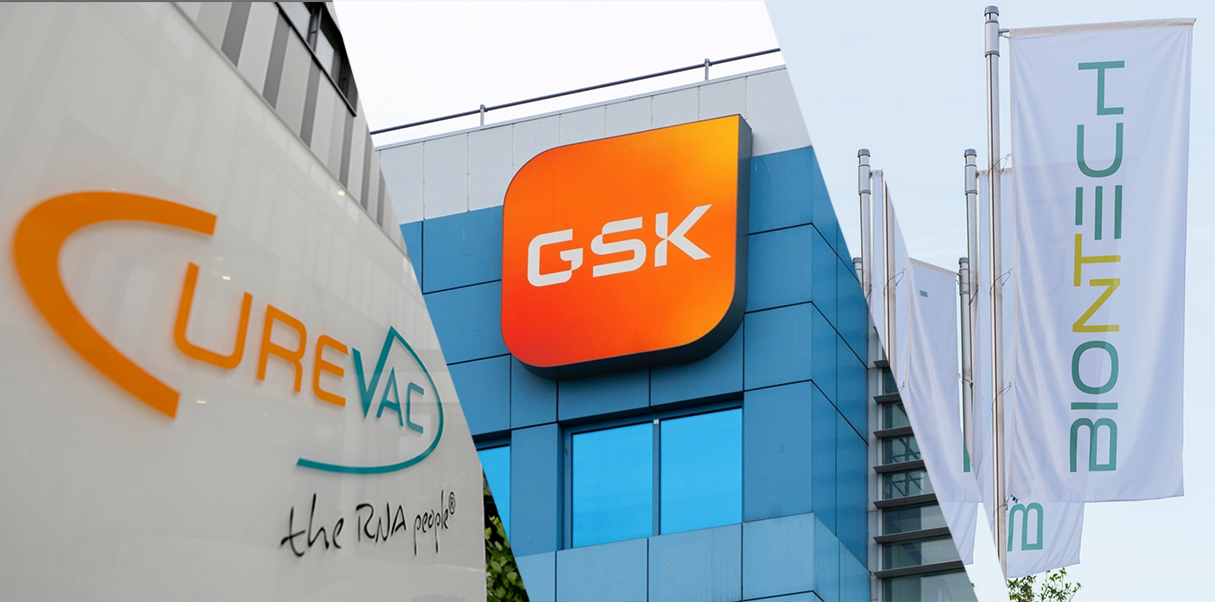BioNTech has reached a settlement in a three-year mRNA patent dispute with GSK and CureVac, a fellow German biotechnology firm. This settlement comes as BioNTech is in the process of acquiring CureVac, allowing both companies to move forward without the burden of ongoing litigation. The agreement includes financial compensation and royalties, marking a significant resolution in the competitive landscape of mRNA technology.
The patent dispute centered around the foundational technologies behind mRNA vaccines, which gained prominence during the COVID-19 pandemic. BioNTech, known for its partnership with Pfizer in developing one of the first COVID-19 vaccines, has been at the forefront of mRNA research. The resolution of this dispute not only alleviates legal tensions but also strengthens the collaboration between BioNTech and CureVac, as they work toward advancing their collective research initiatives.
Details of the Settlement
While specific financial terms have not been disclosed, the settlement involves both direct payments and future royalty agreements. This arrangement underscores the value both companies place on their intellectual property and the importance of collaboration in the rapidly evolving field of biotechnology.
According to industry sources, this settlement could pave the way for enhanced joint ventures between BioNTech and CureVac, leveraging their complementary expertise. The settlement is expected to facilitate further innovation in mRNA technology, which holds promise for a variety of therapeutic applications beyond COVID-19.
Impact on the Biotech Landscape
The resolution of this patent dispute comes at a critical time for the biotechnology sector, particularly as companies focus on expanding the applications of mRNA technology. With the COVID-19 pandemic highlighting the potential of mRNA vaccines, many firms are exploring new avenues, including cancer treatments and other infectious diseases.
As BioNTech continues its acquisition of CureVac, the combined resources of these two companies could lead to breakthroughs that significantly influence global health outcomes. The settlement not only resolves immediate legal concerns but also opens the door for collaborative research efforts that could benefit patients worldwide.
In conclusion, BioNTech’s settlement with GSK and CureVac marks a pivotal moment in the mRNA field, demonstrating the importance of resolving intellectual property disputes to foster innovation. As the landscape continues to evolve, the collaboration between these firms is likely to yield significant advancements in biotechnology, further solidifying their positions in the market.
